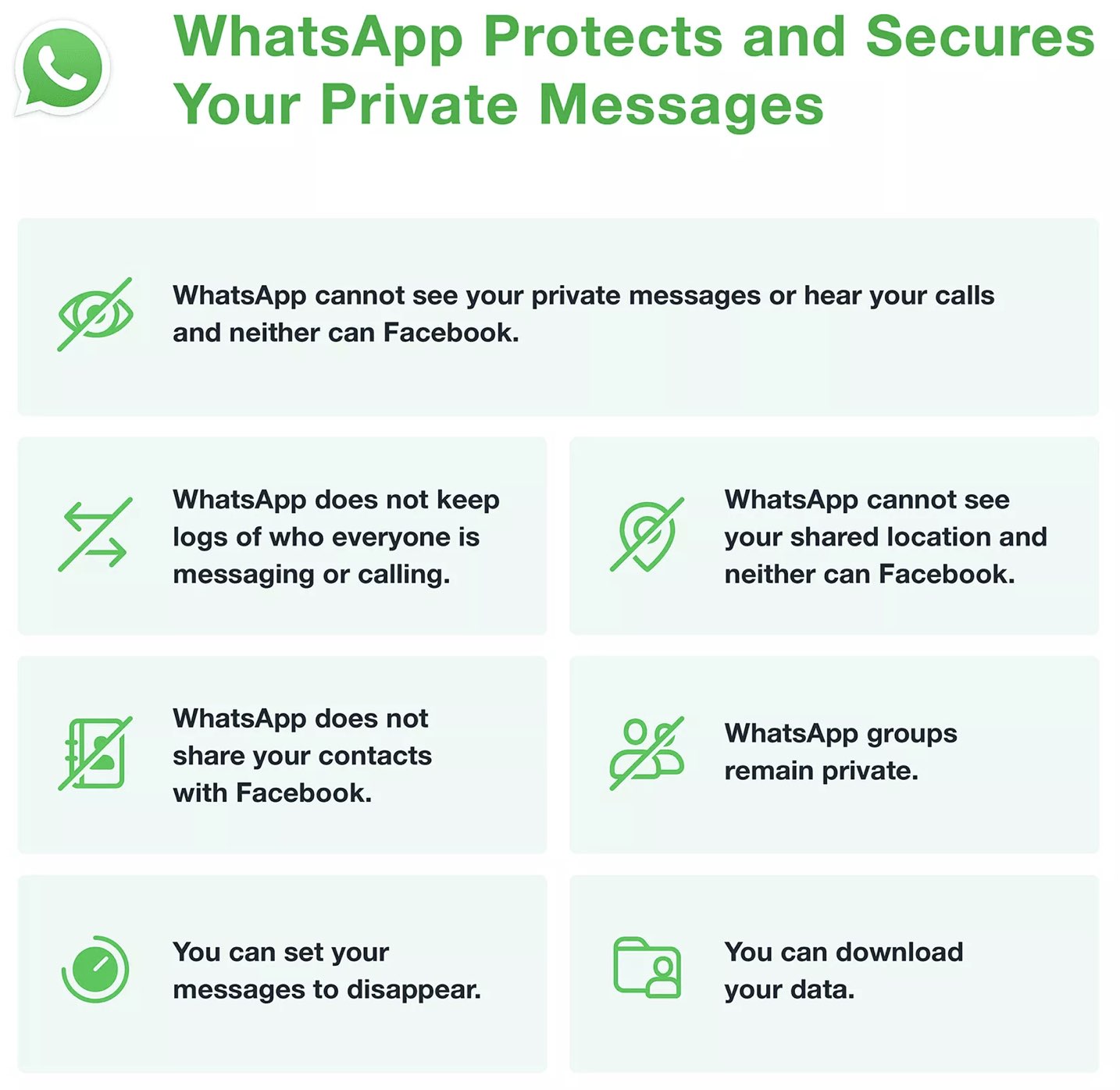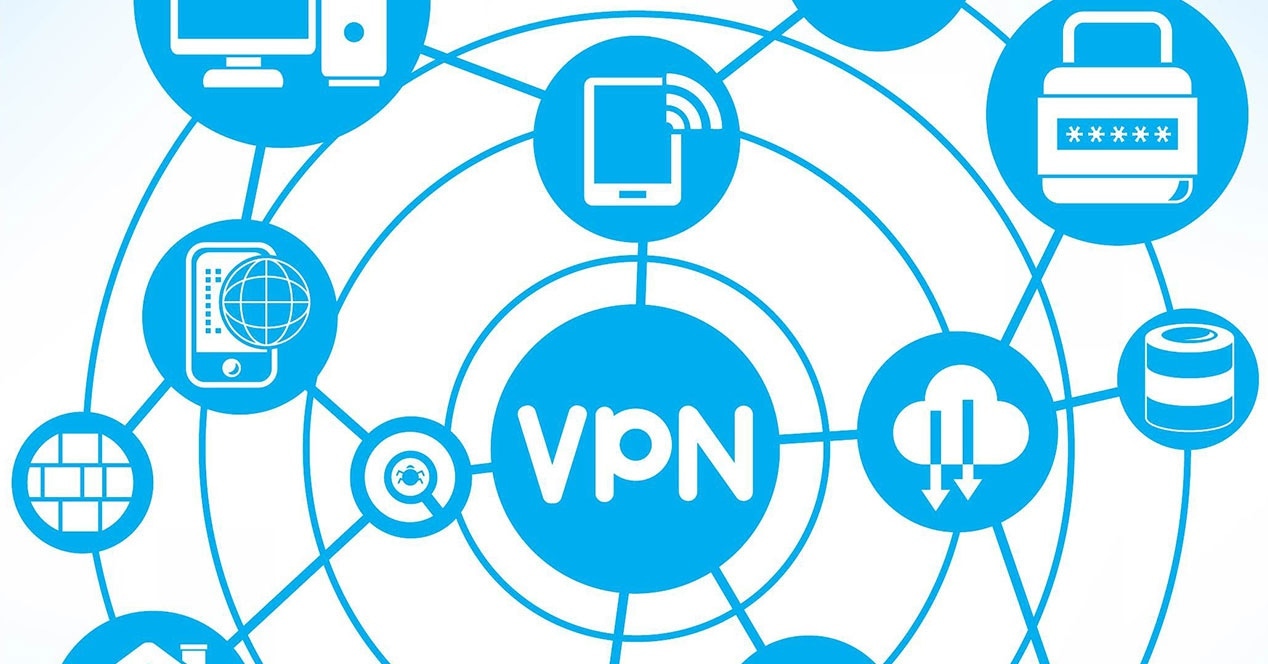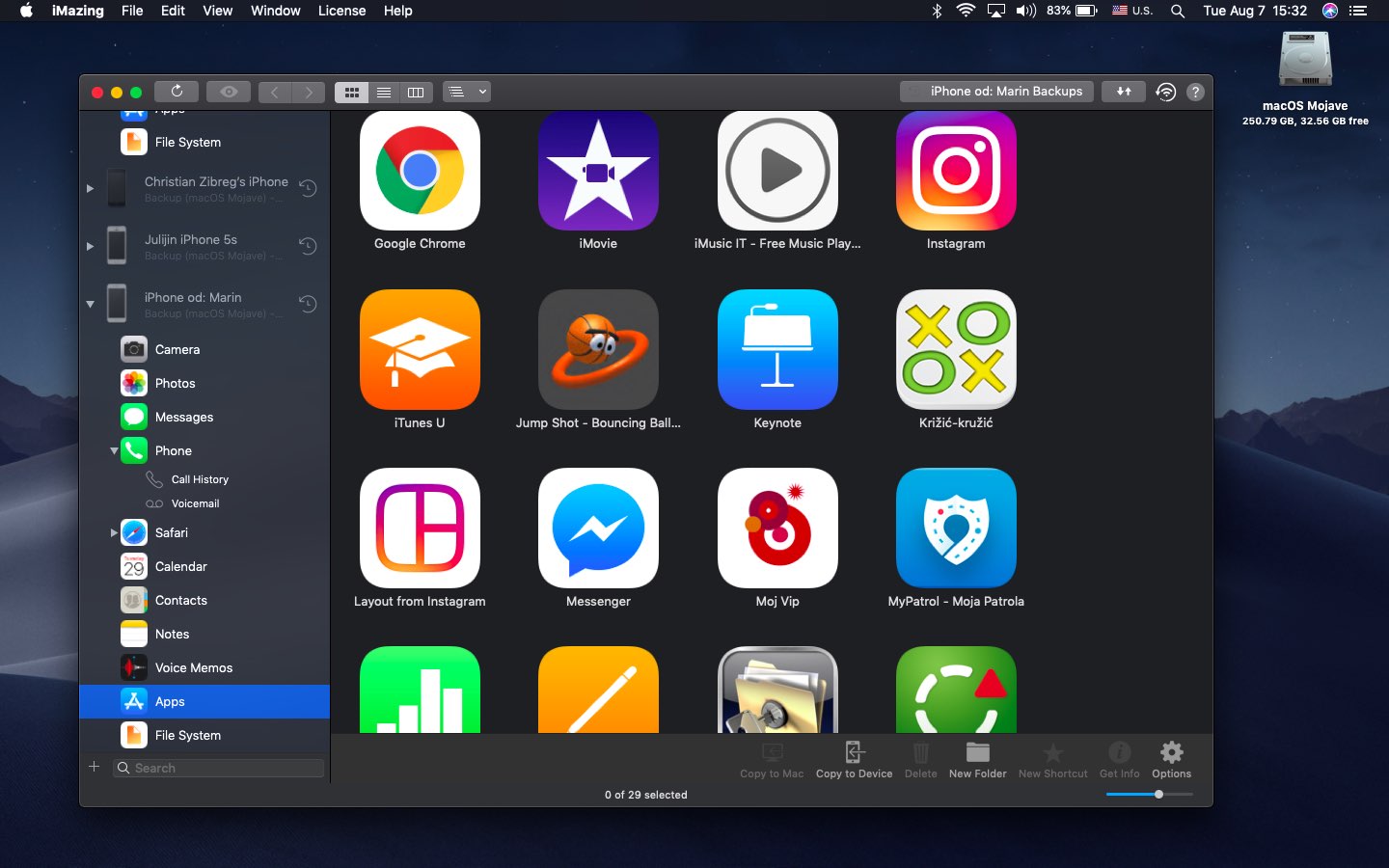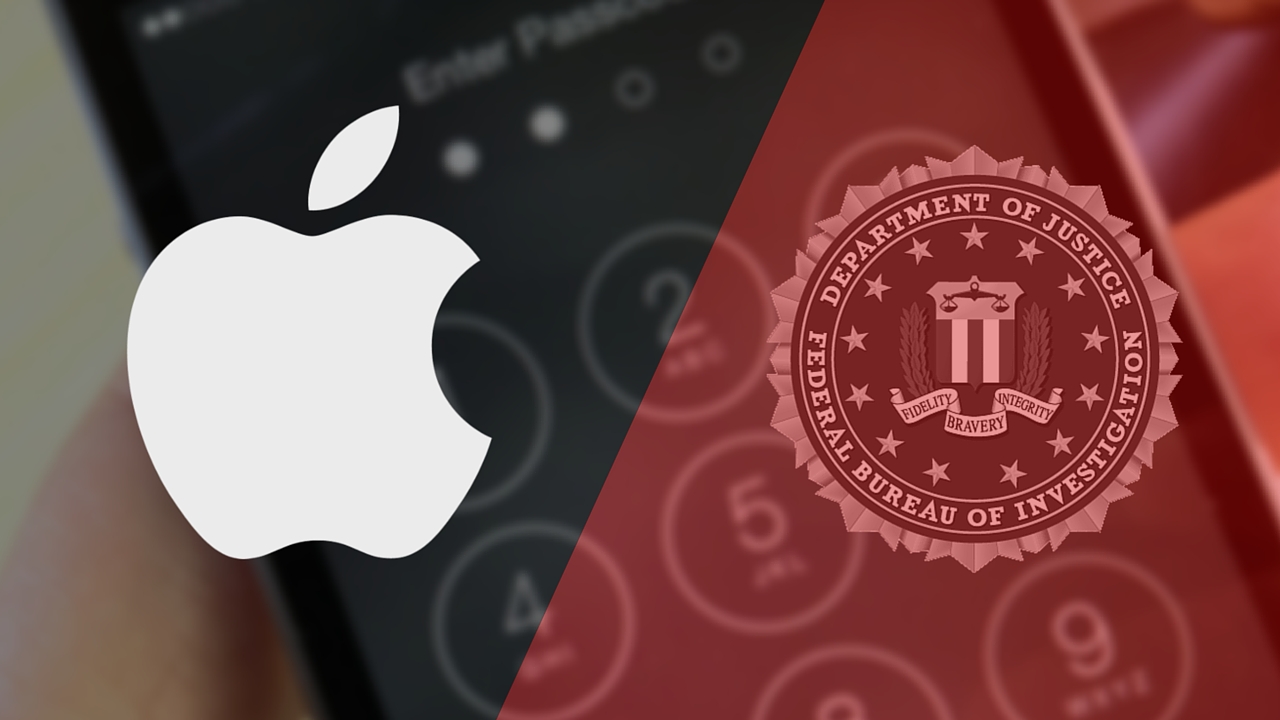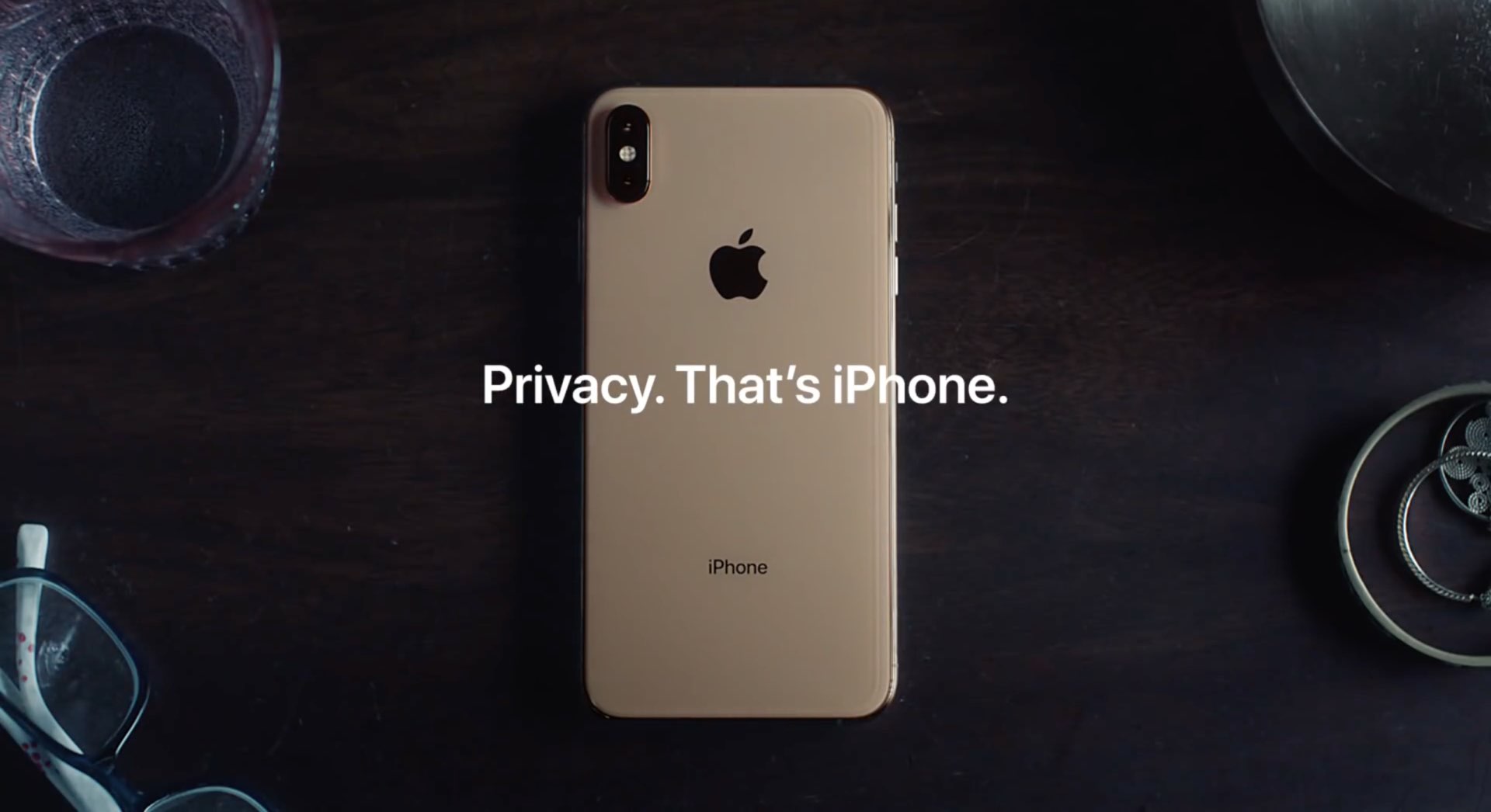Your WhatsApp chats saved in iCloud could be read and shared with authorities when lawfully requested. That might change soon as the Facebook-owned messaging service has been working on a new privacy feature that would protect these iCloud backups with encryption.
WhatsApp is working on password-protected encrypted iCloud backups

